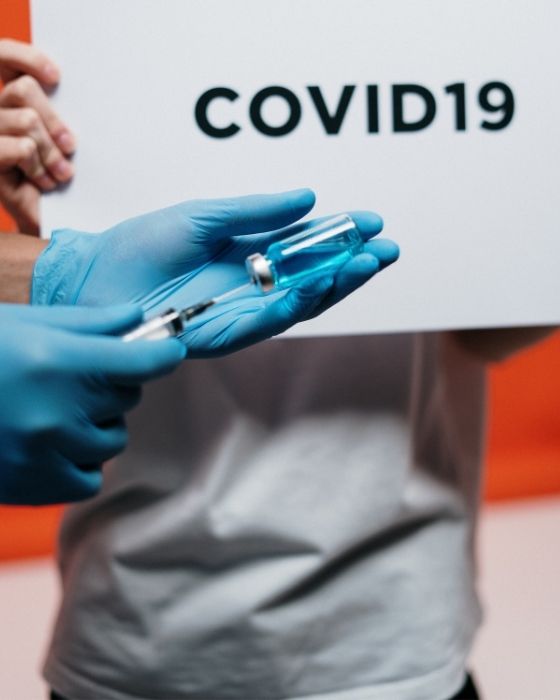Despite concerns about increasing numbers of COVID-19 infections and the debilitating effects on most areas of life, several countries can boast of the millions of persons who have received COVID-19 vaccines to date. In some countries, many residents have already received two shots. President-Elect Joe Biden has promised that in the first 100 days of his administration 100 million people will be vaccinated. Dr Anthony Fauci says that it is very possible to reach this target. In the meantime, developing countries, some despite being members of groups that have partnered to obtain the vaccine as a collective, are yet to administer even one dose in their populations. When this will happen is still uncertain and the efficacy of the vaccines they will get is questionable.
Equitable distribution of the COVID-19 vaccine is a major concern of the director of the World Health Organisation (WHO), General Tedros Adhanom Ghebreyesus. In a recent statement, he lamented,
“the promise of equitable access is at serious risk.”
He cautioned that the inequitable distribution has serious implications. He said,
“The world is on the brink of a catastrophic moral failure… vaccine equity is not just a moral imperative, it is a strategic and economic imperative.”
In referring to the fact that over 39 million doses have been given in 49 higher-income countries he emphasized that only 25, not 25 hundred, thousand or million, just 25 doses have been administered in one of the lowest-income countries.
“Ultimately, these actions will only prolong the pandemic, the restrictions needed to contain it, and human and economic suffering,”
Tedros said.
Some countries have been left with very limited alternatives. The Chinese vaccine has been proven to be less effective than was initially revealed, but some countries, in a desperate effort to reduce the effects of the virus, have been giving it to residents. Like many other things marked ‘made in China’, people are questioning the efficacy of the Chinese made vaccine. Initially, the vaccine was said to be 78% effective against the virus however in late-stage trials in Brazil it was revealed that the vaccine has just 50.38% efficacy; this barely passes the 50% mark set by the WHO. Such revelations about the Sinovac vaccine may cause people to be unwilling to be vaccinated. The current situation is another stark reminder of the plight of developing countries, disadvantaged because of their economic realities.




